Past Tense Of Leap slidesharetrick
past tense of leap is leaped, leapt, or archaically lept or lope. Leap verb forms Conjugation of Leap Simple / Indefinite Present Tense He/She/It leaps . I leap. You/We/They leap. Present Continuous Tense He/She/It is leaping. I am leaping. You/We/They are leaping. Present Perfect Tense He/She/It has leaped, leapt, or archaically lopen.
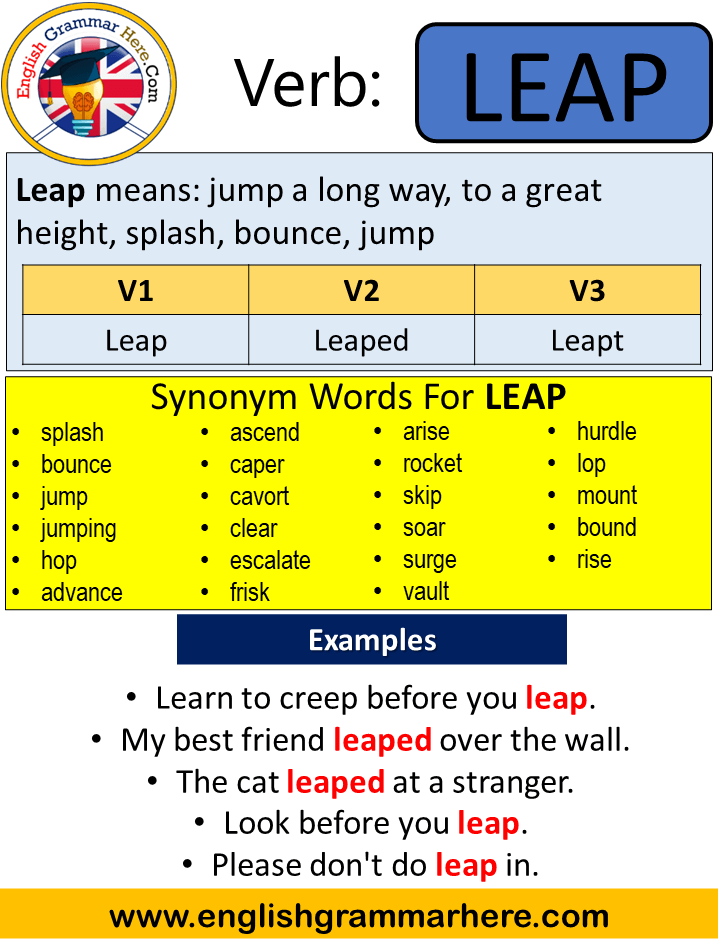
Leap Past Simple, Simple Past Tense of Leap Past Participle, V1 V2 V3 Form Of Leap English
The past tense of "leap" is "leaped" or "leapt." In American English, "leaped" is more common, while "leapt" is often used in British English. Both of them are considered acceptable and correct forms. You can check out the below table to learn more about other verb forms of leap: How To Pronounce "Leapt" And "Leaped" Correctly?

Jump Past Simple, Simple Past Tense of Jump, Past Participle, V1 V2 V3 Form Of Jump When
The past tense of "leap" can be spelled in two ways: "leaped" or "leapt." Both are correct, and they are used interchangeably. However, "leaped" is more commonly used in American English, while "leapt" is more common in British English. Here's a table that shows the conjugation of "leap" in the past tense: Examples:

Past Tense of Leap ChasekruwSummers
[intransitive] + adv./prep. to move or do something suddenly and quickly She leapt out of bed. He leaped across the room to answer the door. I leapt to my feet (= stood up quickly). They leapt into action immediately. (figurative) She was quick to leap to my defence (= speak in support of me).

Conjugation Leap 🔸 Verb in all tenses and forms Conjugate in past, present and future
What's the Past Tense of Leap? Leaped or Leapt? December 24, 2022 Leaped and leapt are both correct past tense and past participles of the verb leap, (which is present tense). Last updated on November 2nd, 2023 at 04:02 pm Contents What's the past tense of leap? Leaped or leapt? Verb forms of leap Leap (present simple) used in context:
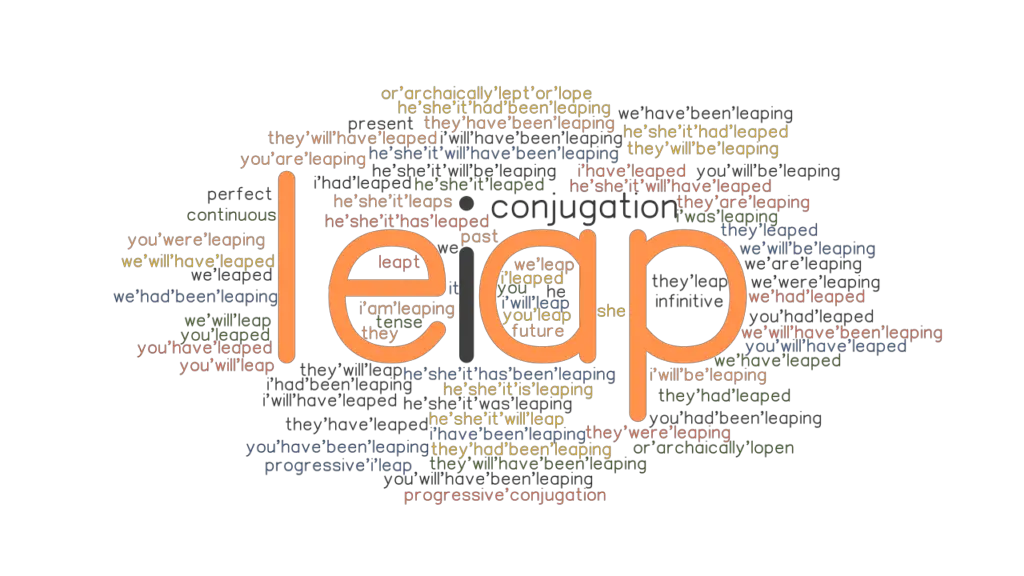
Leap Past Tense Verb Forms, Conjugate LEAP
Definition of 'leap' Word Frequency leap (liːp ) Word forms: plural, 3rd person singular present tense leaps , present participle leaping , past tense leaped , past participle leapt language note: British English usually uses the form leapt as the past tense and past participle. American English usually uses leaped. 1. verb
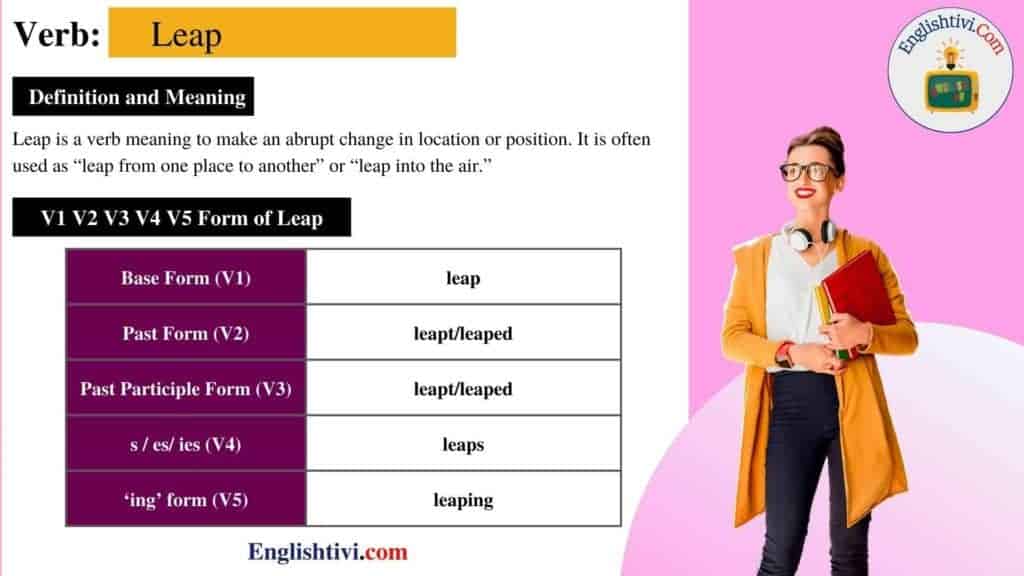
Leap Past Simple Simple Past Tense Of Leap Past
leap / leaps: Past Tense: leaped, leapt, or archaically lept or lope: Present Participle: leaping: Past Participle: leaped, leapt, or archaically lopen: Conjugate Leap Leap in Present Simple (Indefinite) Tense. Singular Plural; I leap: We leap: You leap: You leap: He/She/It leaps: They leap: Leap in Present Continuous (Progressive) Tense.
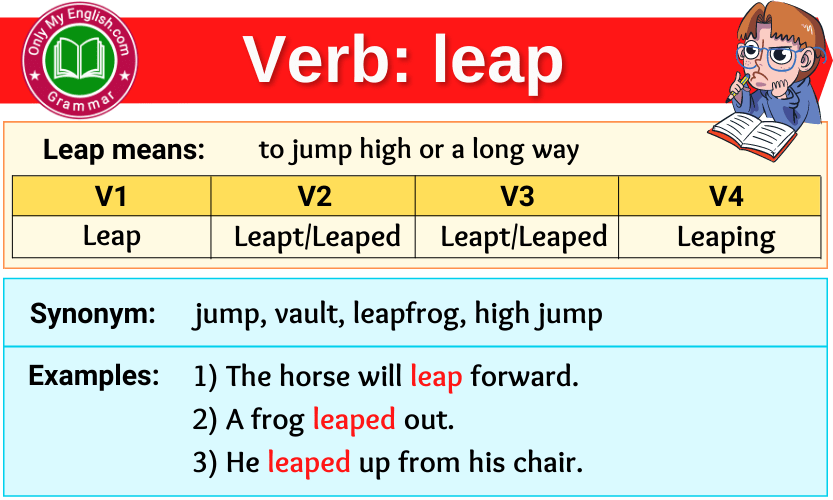
Leap Verb Forms Past Tense, Past Participle & V1V2V3 »
Past Tenses Present Tenses Future Tenses Most Common Irregular Verbs The two most common irregular verbs in English are "be" and "have." These pages give more details about these two verbs: the verb "to be" the verb "to have" Here are the next 10 most common irregular verbs in English: see, say, go, come, know, get, give, become, find, and think
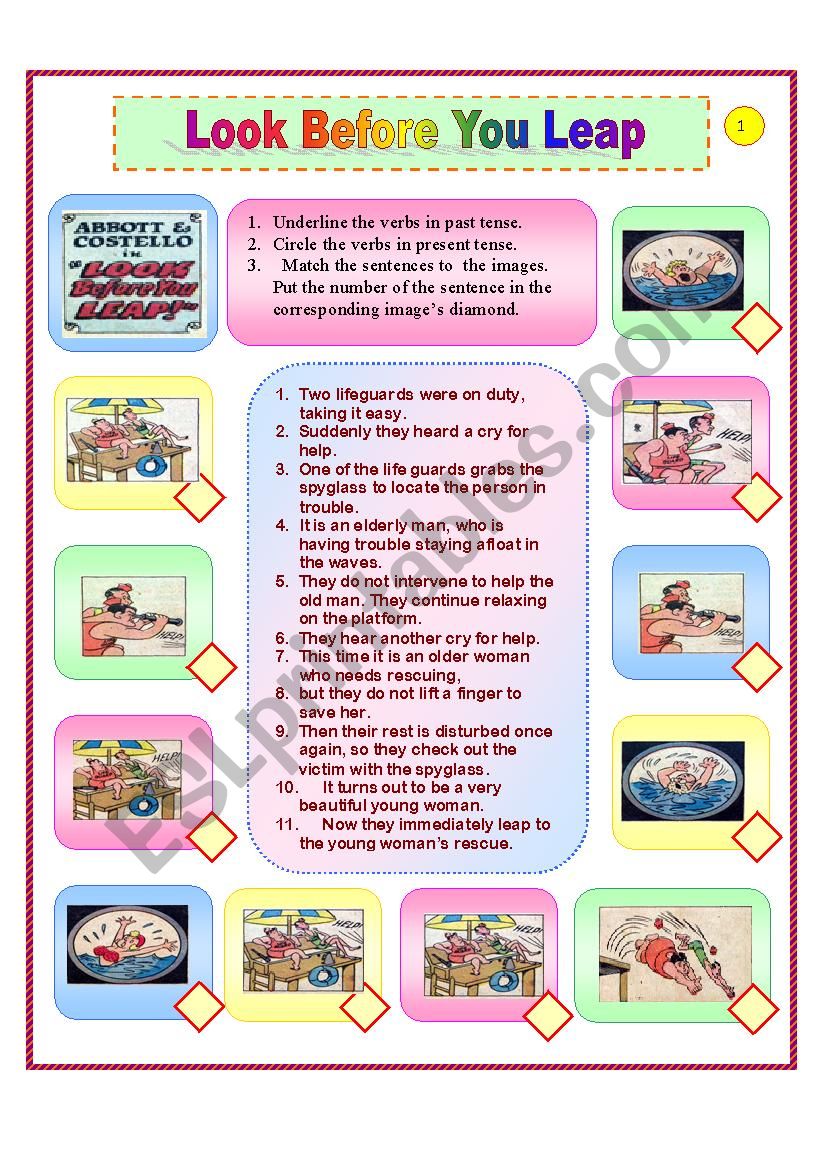
Past Tense Of Leap slidesharetrick
Past participle leaped/leapt Model : obey / burn Auxiliary : have, be Other forms: leap oneself / not leap Contractions Advertising Indicative Present I leap you leap he/she/it leaps we leap you leap they leap Preterite I leaped/leapt you leaped/leapt he/she/it leaped/leapt we leaped/leapt you leaped/leapt they leaped/leapt Present continuous

Past Tense of Leap ChasekruwSummers
The past tense of the verb "leap" is "leapt", and the past participle is "leapt". Verb Tenses Past simple — leap in past simple leapt (V2) . Future simple — leap in future simple is leap (will + V1) . Present Perfect — leap in present perfect tense is leapt (have/has + V3) . Past Perfect — leap in past perfect tense is leapt (had + V3) .
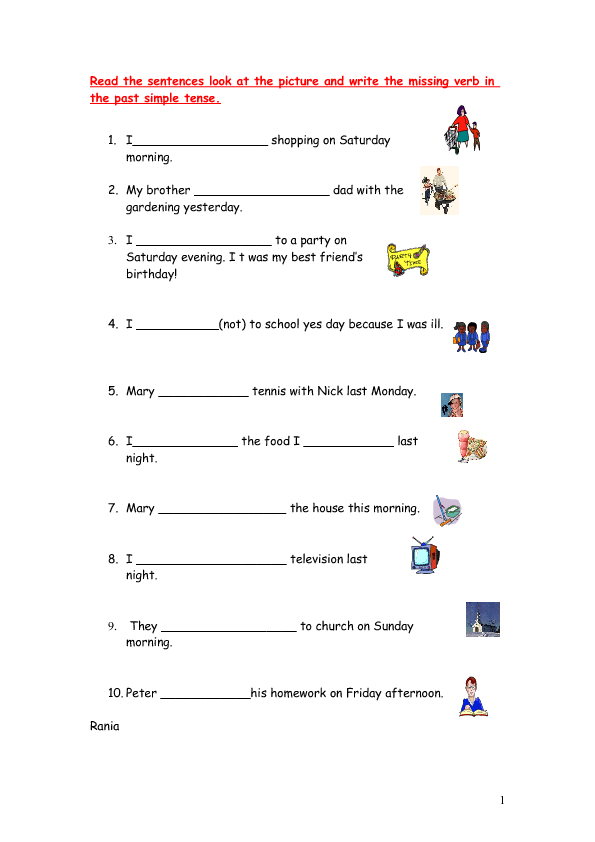
Leap Past Simple Simple Past Tense Of Leap Past
May 11, 2023 Leapt Vs. Leaped Similar Verbs Examples Quick summary Both leaped and leapt are correct forms of the past tense and past participle of the verb leap. They are both commonly used. Seeing a spooky ghost will make you leap right out of your shoes.

Leap V1 V2 V3 V4 V5 , Past Tense, Past Participle Form of Leap EnglishAwesome
verb ˈlēp leaped or leapt ˈlēpt also ˈlept ; leaping ˈlē-piŋ Synonyms of leap intransitive verb 1 : to spring free from or as if from the ground : jump leap over a fence a fish leaps out of the water 2 a : to pass abruptly from one state or topic to another the difficult leap from college to the workplace b : to act precipitately

Past Tense of Leap, Past Participle of Leap, V1 V2 V3 V4 V5 Form of Leap English Study Here
leap. From Longman Dictionary of Contemporary English leap1 /liːp/ verb (past tense and past participle leapt /lept/ especially British English, leaped especially American English) 1 jump a) [ intransitive always + adverb/preposition] to jump high into the air or to jump in order to land in a different place She leapt over the fence.

Past Tense Of Leap slidesharetrick
Leaped is the past tense form of the verb leap, which means to jump, hop, or otherwise move quickly. It can be used in a literal as well as a figurative sense. For example, The second graders leaped out of their seats and ran to recess. Mulling over the clues in his head, Detective Schwarber leaped to a startling conclusion.
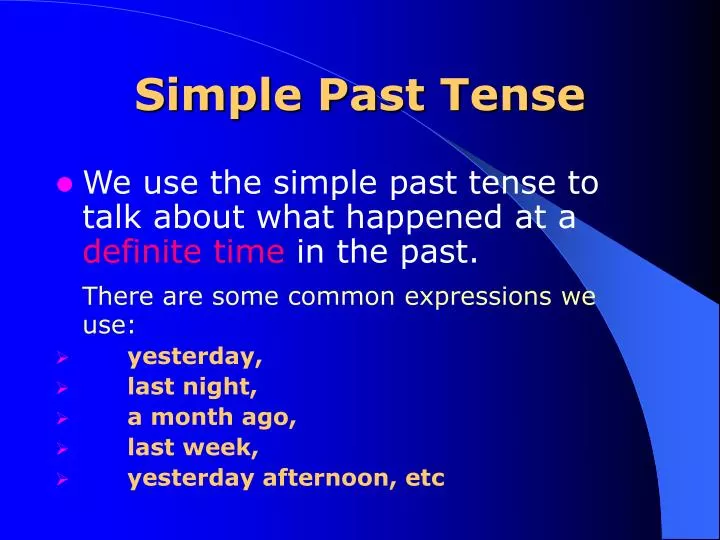
Leap Past Simple Simple Past Tense Of Leap Past
Both "leaped" and "leapt" are accepted past tense forms of "leap." American English typically uses "leaped," while British English prefers "leapt."; Understanding which form to use can depend on regional dialect and the context of writing.; While "leaped" conforms to the regular pattern of forming past tenses by adding the -ed ending, "leapt" is an irregular form.

Past Tense of Leap ChasekruwSummers
What is the past tense of the word "leap" The past tense (past participle) form of "leap" is "leaped." The infinitive of the word form is "leap." The present participle form is "leaping." The past tense form is "leaped" and past participle form is "leaped." Understanding verb tenses The general grammar rules that govern past tenses are as follows.